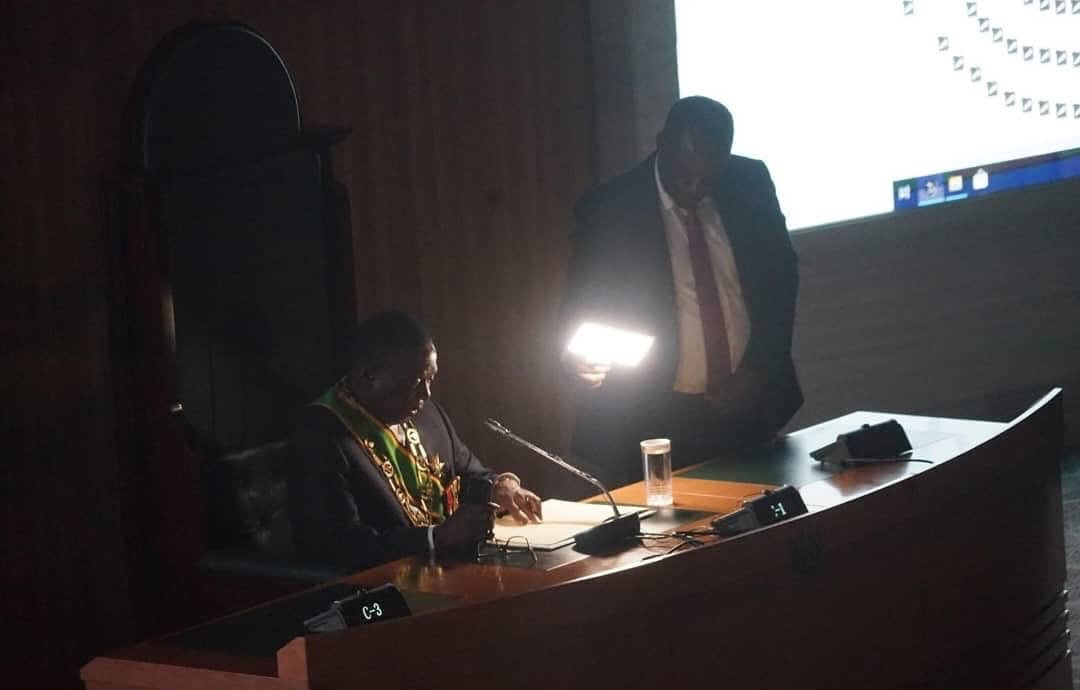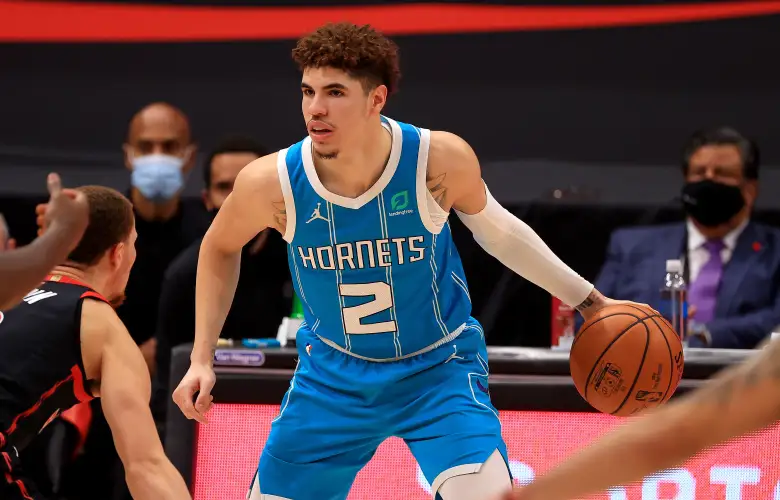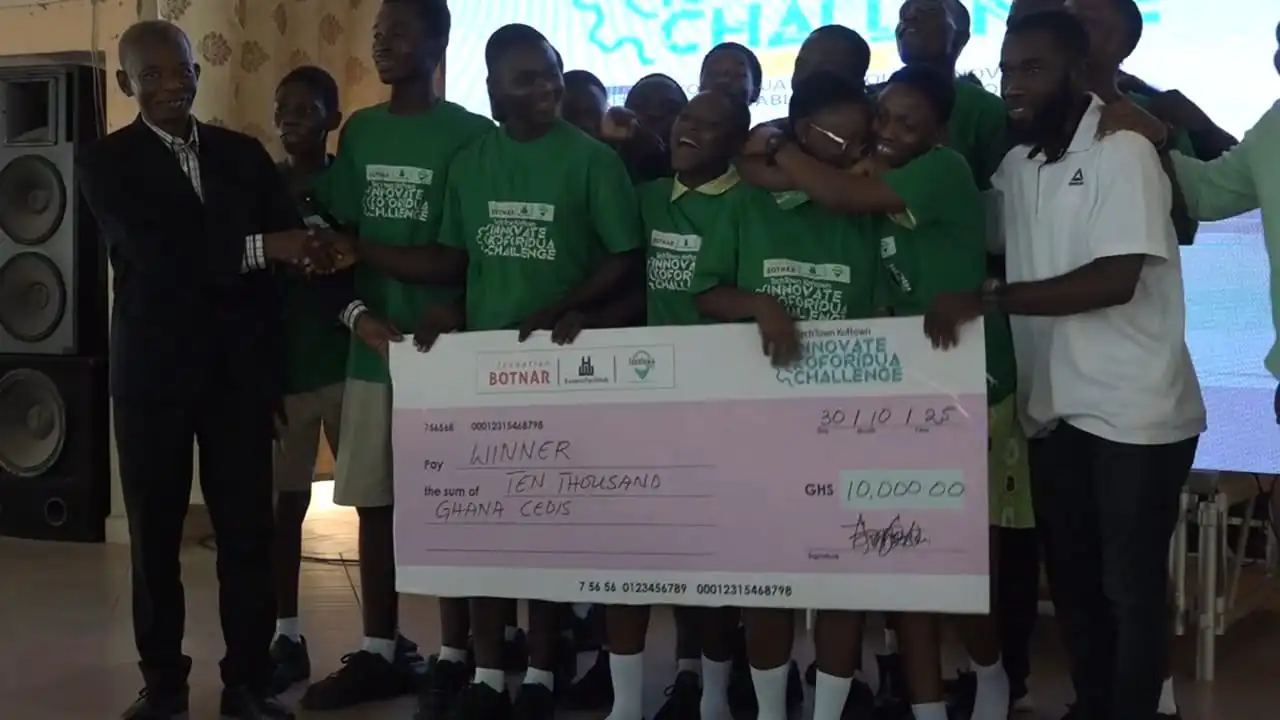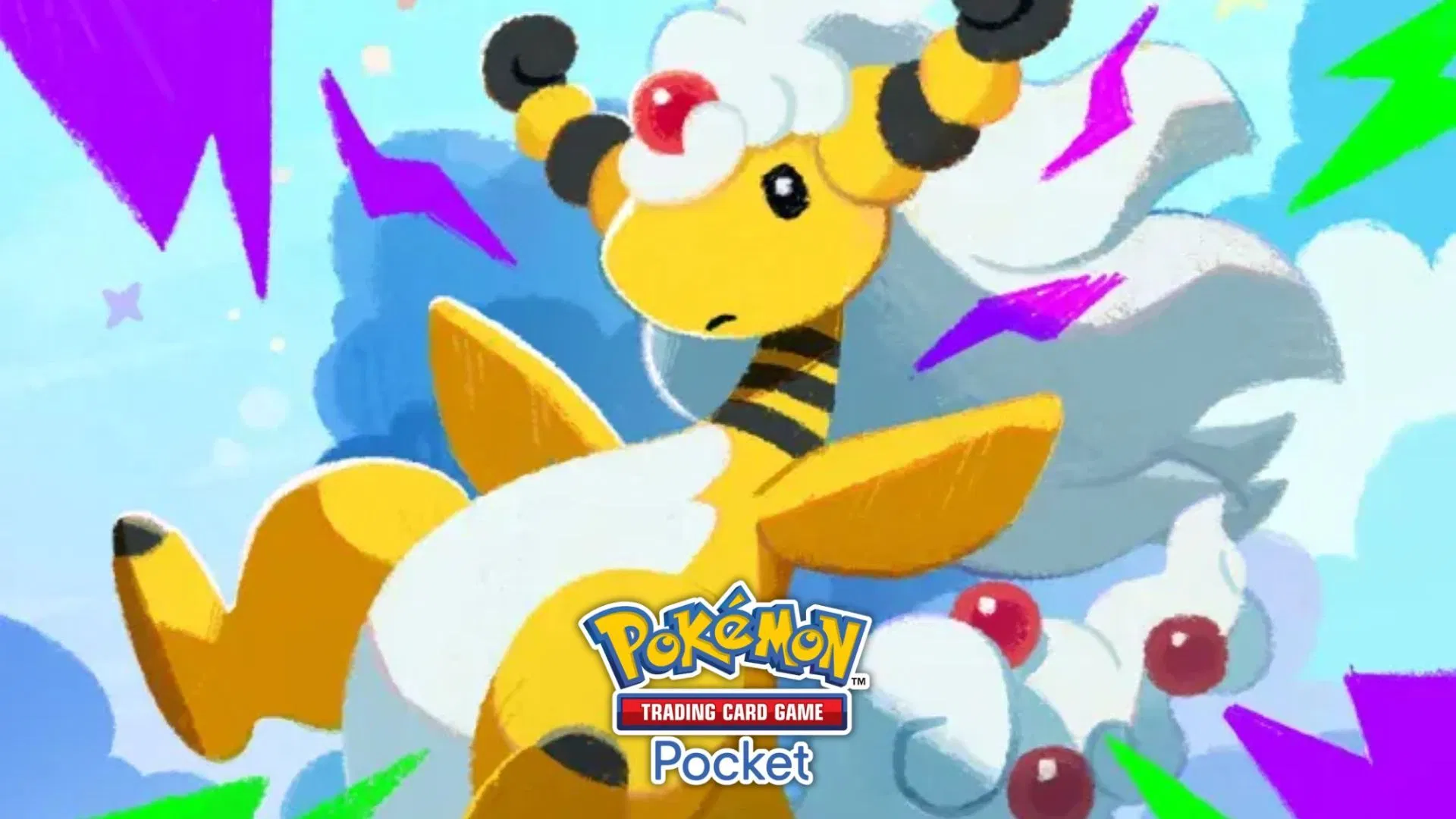Copyright zimeye

By A Correspondent-Vice President Constantino Chiwenga’s conspicuous absence from last week’s State of the Nation Address (SONA) by President Emmerson Mnangagwa has reignited speculation about his health and political future amid renewed succession tensions in ZANU-PF. According to ZimLive, Chiwenga missed the key national event due to a medical review in South Africa. Presidential spokesperson George Charamba confirmed the trip, saying only, “The vice president had a medical review in South Africa.” Chiwenga, 69, is said to have since returned to Zimbabwe. His last public appearance was on 25 October during the 75th-anniversary celebrations of St Luke’s Mission and Hospital in Lupane, following a tour of development projects in Matabeleland South. Vice President Kembo Mohadi stood in for him at the SONA. However, Chiwenga’s absence at such a crucial event has fuelled speculation of renewed friction between him and Mnangagwa’s inner circle—particularly as political manoeuvring intensifies ahead of ZANU-PF’s 2028 succession question. Sources within the ruling party suggest that powerful figures aligned with Mnangagwa—including businessman Kudakwashe Tagwirei—are working to sideline Chiwenga from both party and government structures, effectively neutralising him as a future contender. Chiwenga, who played a decisive role in the November 2017 military intervention that brought Mnangagwa to power, has long been viewed as his most likely successor. Yet, his deteriorating health and growing isolation have weakened that position. Over the years, the vice president’s medical condition has been the subject of intense public concern. He has sought treatment in India, South Africa, and China for undisclosed ailments, spending months out of the country between 2019 and 2020. A court case in 2023 even revealed that he was once unconscious during a hospitalisation in South Africa before being airlifted abroad. Analysts say these recurring health issues have become both a personal vulnerability and a political tool within the ruling party. “Health in ZANU-PF politics is not just a private matter—it’s leverage,” a Harare political commentator noted. “When a senior official disappears from public view, speculation immediately turns to whether they’re being pushed aside or simply too weak to fight back.” Tensions between Chiwenga and Mnangagwa’s loyalists reportedly deepened earlier this year after the vice president publicly criticised “tenderpreneurs” and hinted that the Vision 2030 agenda should benefit ordinary citizens rather than a select elite. The remarks were widely interpreted as a veiled attack on Mnangagwa’s business allies. Mnangagwa’s second and final term under the 2013 Constitution ends in 2028, but whispers within ZANU-PF suggest efforts are underway to extend his stay or anoint a loyal successor. Chiwenga is believed to oppose such manoeuvres, insisting on constitutionalism—a stance that further isolates him from the president’s faction. In this charged environment, Chiwenga’s absence from the SONA may signal more than just a medical appointment. It reflects three interlinked dynamics shaping ZANU-PF’s internal battlefield: A Symbolic Weakening: His non-attendance at a major state event creates space for Mnangagwa’s loyalists to assert dominance and test reactions to his possible sidelining. Health as Political Leverage: His recurring illnesses make him an easier target for internal rivals eager to depict him as unfit for leadership. Succession Tensions Escalating: As the 2028 deadline looms, every gesture—or absence—feeds the perception that Zimbabwe’s post-Mugabe power equilibrium is once again in flux. Tourism packages Zimbabwe Whether Chiwenga’s SONA snub was truly about health or strategy remains unclear. But in Zimbabwe’s high-stakes succession politics, even silence—and absence—can speak volumes



